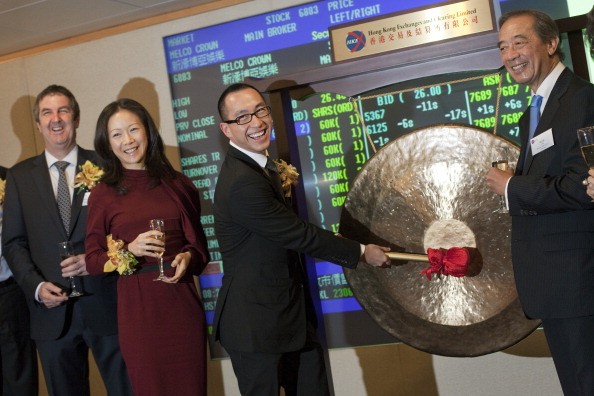Once targeted by China's anti-corruption policy, industries engaged in casino operation, manufacture of expensive liquors and importation of luxury watches have all returned to business in China, according to a Bloomberg report.
According to the report, casino and premium liquor stocks are trading high in the market since August 2015 while import of Swiss watches rose 28 percent in December alone.
Efforts of the industry to aim for the mass market, rather than on the wealthy few, have buoyed investor confidence in the stocks, the report said. In Macau, casinos started attracting tourists and building family-friendly facilities.
Meanwhile, Kweichow Moutai Co., premium liquor maker, reduced its prices to make their product affordable while Swatch Group AG did the same by introducing cheaper models.
However, this does not mean that President Xi Jinping's campaign has lost its relevance, according to Kenny Wen, a strategist at Sun Hung Kai Financial in Hong Kong.
"Anti-corruption remains a concern to those stocks, but it's no longer a top concern," Wen noted, adding that the industries have simply found a "new growth engine" through the mass market.
The reasons for investors' optimism are obvious, according to the report. In March, revenue of Macau's casinos rose 18 percent, the fastest in eight months. Kweichow Moutai is also expecting its first-quarter net income to increase by about 16 percent to 5.7 billion yuan ($826.4 million).
The report said that the industry has recovered quickly, considering that it had been greatly affected by the anti-corruption drive at the start of Xi's presidency. Starting in mid-2014, every month for more than two years, gambling revenue fell, including 49 percent plunge in Feb. 2015.
The crackdown also affected the alcohol industry as government-related sales fell from 70 percent to 10 percent, an analyst said.
Although the vice stocks are gaining, the government drive against corruption by officials continues. In 2016, about 415,000 officials were penalized, a 23 percent increase from the previous year, government data said.
Among those charged were 120 officials at the vice-ministerial rank or above. These include Zhou Yongkang, the country's former security chief, and Ling Jihua, the former chief of staff to Xi's predecessor.
The latest senior official under investigation is Xiang Junbo, chairman of the country's insurance regulator. Xiang is being investigated for severe disciplinary violations.



























